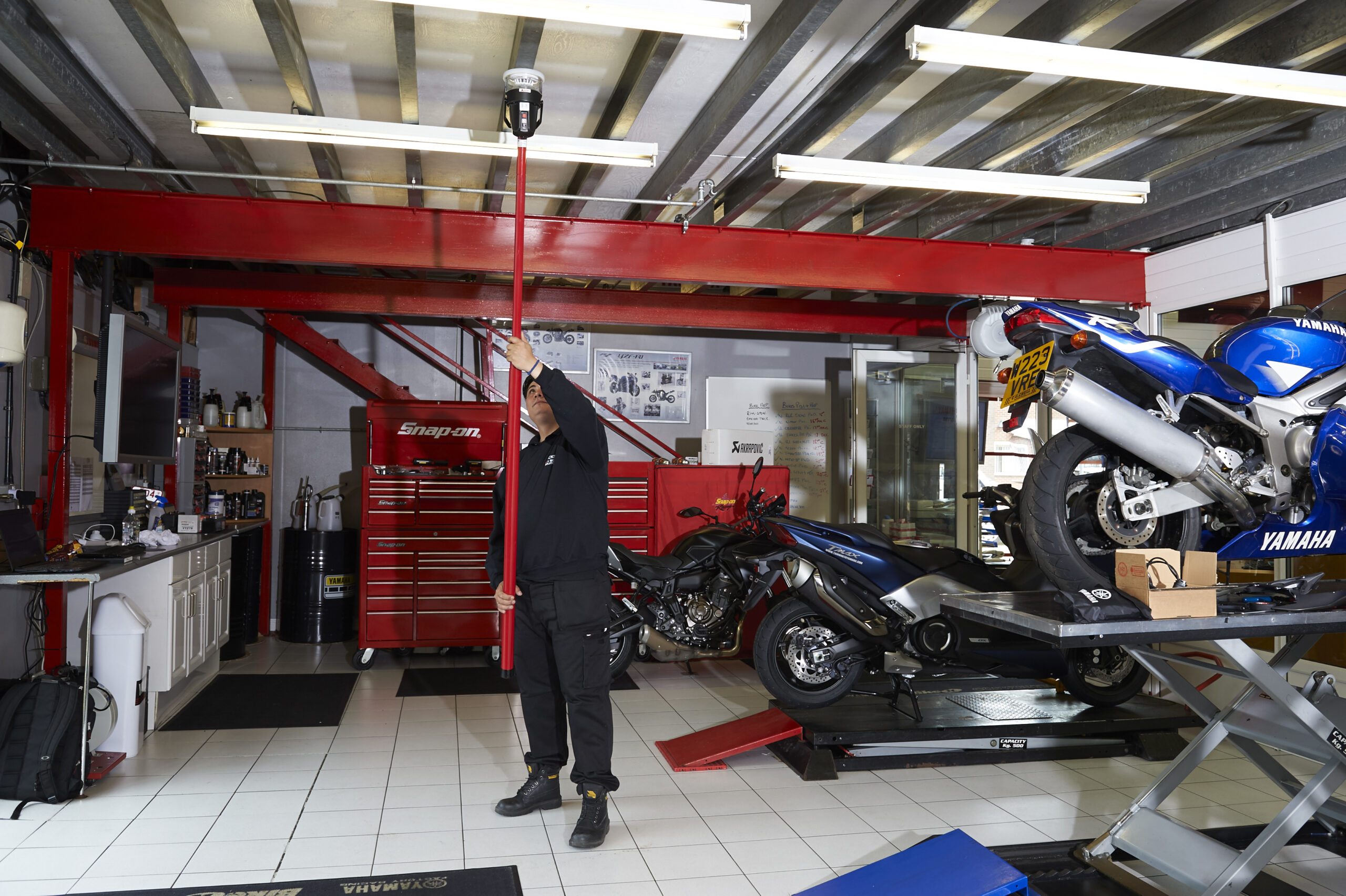Have you ever wondered how long your current fire detection system will last? Possibly not: after all, once a system is installed it’s quite unobtrusive and other than keeping on top of its periodic maintenance you probably wouldn’t have it uppermost in your mind. If it’s regularly serviced and maintained it should last for a long time but, like all equipment, there will come a point when it doesn’t operate as effectively as it once did. This is why manufacturers such as Hochiki Europe (UK) Limited are raising awareness of the fact that they recommend detectors are replaced after 10 years.
Like all the manufacturers whose products we install, Hochiki has an excellent reputation for manufacturing high quality products that are very reliable and operate for many years as long as they are regularly inspected, tested, cleaned and recalibrated according to the environment in which they are installed. And in some instances, smoke and fire detectors will continue to operate within specification after 10 years' service.
But as they grow older the risk of detectors becoming less reliable, not performing as intended or developing a fault increases. The industry is highlighting the fact that this gradual deterioration of integrity and reliability will happen and must be taken into account by the individuals responsible for fire safety. While the person responsible for the fire detection system may make the decision to leave detectors installed beyond the ten year mark, it’s very important that businesses are aware of this issue and are in an informed position to decide what the right course of action is for them.
Of course, there are other reasons to want to upgrade detectors too. One of the main ones is the fact that new detectors will incorporate better technology; constant innovation in the industry means that all fire detection systems and their components are continually evolving.
As regional sales manager at Hochiki Jayne Griffiths explains, ‘People are very comfortable with the concept of upgrading certain equipment. For example, you wouldn’t see many people nowadays using a mobile phone or a computer that was over ten years old. So the idea that equipment like fire detectors may also reach a point where the technology has become dated and where, despite regular maintenance, some performance issues creep in should not be that revolutionary. And while in most instances a mobile phone or computer not working properly is just a nuisance, a fire system not working properly can be a matter of life or death. So as manufacturers it’s our responsibility to highlight the fact that, as with any kind of equipment, there will come a time when replacement needs to be thought about and advise when that point is being reached.’
Jayne also points out that it isn’t only a matter of thinking about the lifespan of the detectors. It’s also about periodically checking that they are still located in the correct place too. ‘Buildings, and the way they are used, can evolve over time. It’s unusual to find a building that hasn’t had some kind of refurbishment or repurposing within a ten year period. So it’s really important that building owners, and anyone else responsible for fire safety, are checking that the positioning of detectors is still valid.’
Replacing detectors every ten years isn’t a legal requirement in itself – but what is a legal requirement is making sure that your fire detection system in general is fit for purpose. Relying on equipment that falls outside manufacturers’ recommended lifespans could leave you and your employees and other building users at risk. If you would like some more advice about ensuring that your detectors, or any other parts of your fire safety systems or equipment, are still working to the required specification, please contact us today.
One complete fire and security solution
Need a local team to help with fire safety and security?
